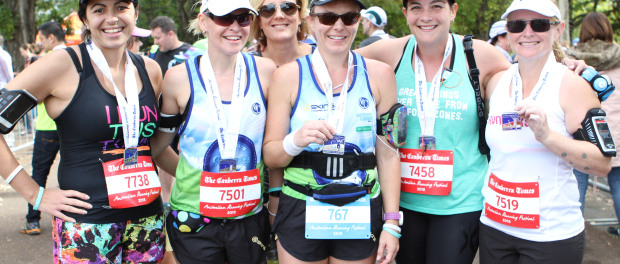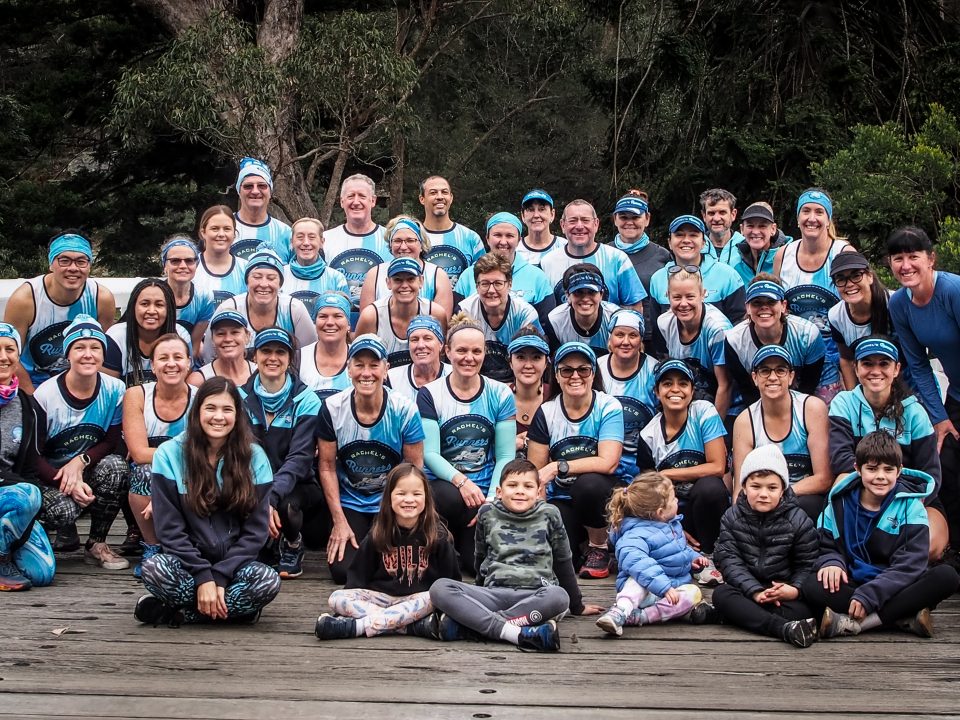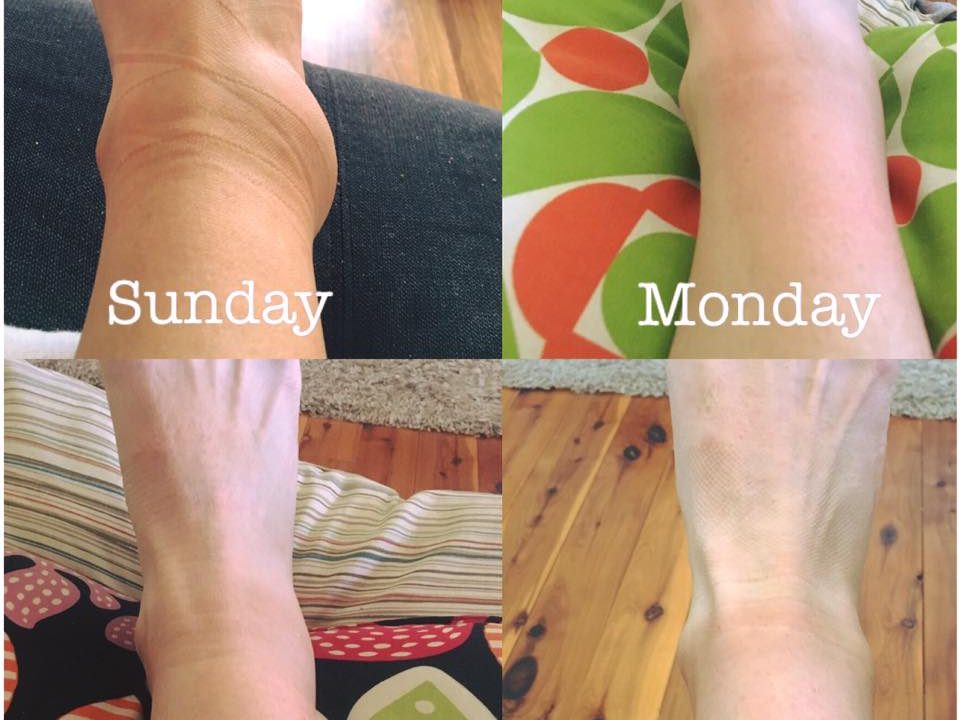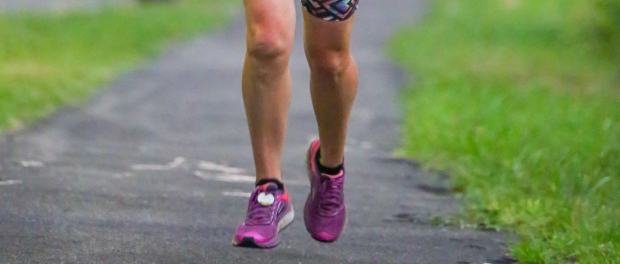- Join us at our next "Learn to Run" event
5 Beginner Tips for Running a Marathon

Meet Kathryn
August 24, 2016
Meet Francisca – AKA ‘Punky’
October 2, 2016Throughout my first round of marathon training I was blasé about the whole thing and I ended up injured, and with quite a difficult first-time marathon experience. It taught me a lot about long distance running, the most valuable lesson being ‘respect the distance’. There is no getting through a marathon without having committed whole heartedly to every bit of it – the planning, the training, the nutrition, the rest and recovery, the maintenance of the body and even the shoes and clothing. Hence, during subsequent marathon training rounds I have gone in more prepared and having utmost respect for the whole regime.

If you’re thinking about running your first marathon, here’s some beginner tips that might help you along on your journey.
- Have a plan, follow it. Get advice, take it. Find someone who has run a marathon before and pick their brain, even get a coach if you can afford it. Find out as much as you can and ask them to help you plan your training. Once you’re both happy with the plan, follow it! As a first timer, I found myself getting so exhausted running my long distances on the weekend that it took me at least three days before I felt like lacing up again. I was only getting a couple of short runs in during the week before my long run would come around again, and it was not enough. Get your runs done! Marathon training takes a lot of time and effort and you must go into it knowing this. Commit to the training and you will make it through the hardest part of all – getting to the start line. Listen to advice of people who have run a marathon before, they are not over dramatising the experience, they are giving you valuable tools to use.
- Take some R & R. Rest and recovery are just as important as training. The second big mistake I made in my first bout of marathon training was not getting to bed early enough. As I said, I was exhausted from my long distance runs, but this was also due to the late nights I was having and super early morning training sessions. Since then I have found that I enjoy my early morning training runs much more if I get to bed by 9:30pm the night before, and I am not as exhausted after the long runs which enables me to train better and not skip planned runs. Sleep is when the body repairs itself. If you do not get enough, you will become more and more rundown, essentially running on empty which is a definite recipe for disaster. Something has always got to give during a marathon training cycle, so if you want to make it to race day, better it’s the house cleaning than sleep!
- Eat well and eat a lot! A lot of time running, means a lot of fuel is needed, and let’s face it, when you are running as much as you need to in marathon training, you can eat whatever you want and not put on weight. We all know however, that’s not the point so stay away from high sugar, high salt and highly processed snacks, as well as alcohol. Instead make sure you eat healthy meals regularly. Meals full of low GI carbohydrates to build up your carbohydrate tank, lots of protein for muscle repair and growth and a decent amount of water to keep your body hydrated. Trial foods to use as fuel before and during your runs. I find a couple of pieces of toast and a glass of water or electrolyte drink work well for me in the morning before a long run and don’t wreak too much havoc on my digestive system. Gels are also my go to energy source whilst out on the course, but make sure you test these out during training as well, as some can start the tummy a-rumbling very quickly indeed! If you find you cannot stomach gels, maybe a banana or a couple of protein balls are better for you.
- Get health checked to stay on track. I am lucky these days, that after my first round of marathon training I have stayed fairly injury free. I attribute a lot of this to regular body maintenance in the form of physiotherapy, sports massage and foam rolling. Of course a tired body will start to feel niggles, but as soon as anything becomes unusually sore, get yourself to the physio (if you’re in Sydney, iMove Physio do a great Running Assessment) to see what you can do to strengthen up the parts of your body that need it. Quick and simple daily exercises are often all that’s required to keep those niggles from turning into full blown injury. Regular remedial sports massage will assist here too. Find a good sports massage therapist and schedule in all your visits from the beginning of your marathon training period right up until after race day. Having all of your muscles ‘released’ can be agony, but not as much agony as getting injured and having to stop running for a week or two. Foam rolling yourself at home is also a great way to release tight muscles and if you’re not sure how to do it, there are many demonstration clips available online these days.
- Go shopping. Training for and running a marathon gives you automatic guilt-free shopping time. Have a gait analysis at a podiatrist or specialist running shoe store and get yourself correctly fitted in a running shoe that suits how your feet, ankles and legs move. Buy some compression gear to train and recover in. My absolute favourite compression piece, is a pair of the SKINS RY400 compression tights for recovery, which ensure resting muscles get more oxygen-rich blood flow to them, helping to prevent delayed onset muscle soreness and enabling you to run on tired legs much easier. Plan your marathon outfit and test it out during long runs to ensure you are aware of any chafe trouble spots. There is nothing worse than running through blisters and chafing for hours on end (Striderm have some great products to help here). Also buy yourself a ‘reward’ for when you’ve completed your marathon and have someone present it to you as you cross the finish line. You’ve been working hard to achieve your goal so you deserve a little self indulgence!
If you’d like help to train for and run your first marathon, contact Rachel’s Runners. More info on our sessions and other services can be found here – https://rachelsrunners.com/about/sessions-services/




